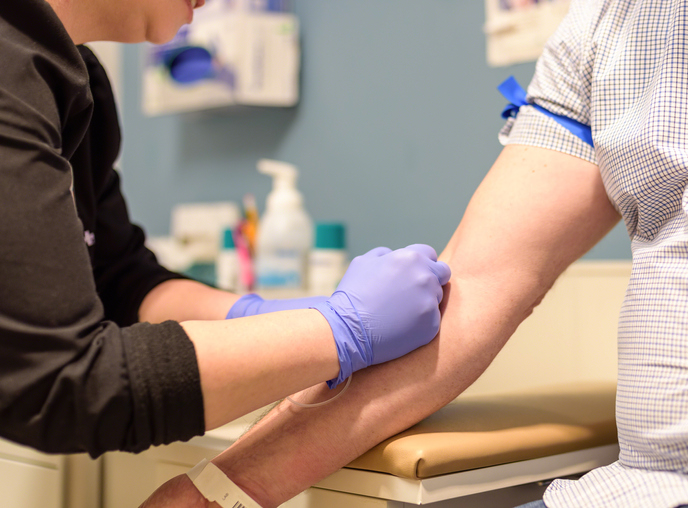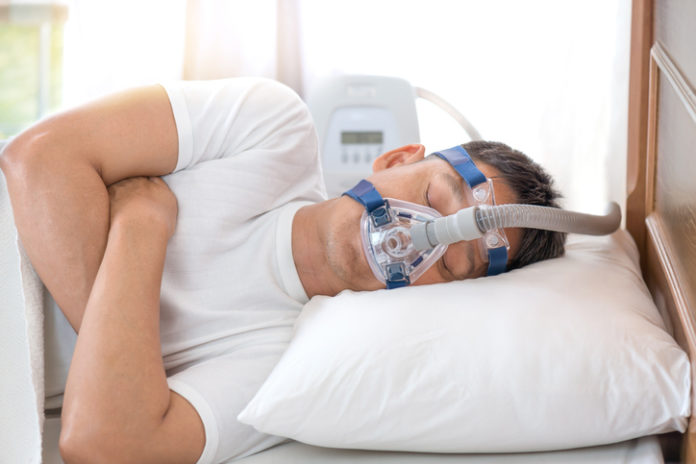You know how you come back after a long workday and can’t wait to collapse right on your bed for some peaceful sleep? You might not know this, but you are actually one of the lucky ones; not everyone manages to fall asleep right then and there no matter how tired they feel or how heavy their eyelids are.
Many people suffer from all kinds of sleeping disorders. This seemingly passive activity that just “happens” can actually be a source of agony for those who experience sleep deprivation, insomnia, or worst of all, sleep apnea.
Sleep apnea is a common sleeping disorder that is said to typically affects more men than women; below is everything you should know about it.
What is it?
It can be simply described as an interruption of your air supply while you’re asleep. Your breathing stops for a couple of moments and restarts, causing you to wake up in a state of panic, usually gasping for air. The most common symptom of sleep apnea is snoring. Otherwise, you will need someone to monitor you while you’re asleep to report this condition if you don’t snore because most of the time, you will not even realize what has happened. You will usually wake up feeling exhausted even after a long night of sleep because of the continuous lapses in breathing that interfere with restful sleep. Another sign is that you will often wake up with a dry mouth, feeling inexplicably irritable and out of it all day long.
Why does it happen?
Many factors will increase your risk of experiencing sleep apnea like family history or obesity, as excessive fat tends to narrow the airways, stalling the normal flow of air. Also the use of different sedative drugs might interfere with your sleeping patterns, such as these nootropics which work on relaxing the muscles, including throat muscles responsible for maintaining a normal breathing pattern. Even though cognitive enhancers are claimed to improve productivity and help you relax, you should use them mindfully and after checking with your doctors to make sure that you can withstand their side effects.
Is it treatable?

Most cases are treatable. After consulting your doctor and going through tests to identify whether you do have sleep apnea, you should start seeking treatment. It is actually a serious disorder that can lead to several complications ranging from constant fatigue to diabetes and heart conditions. If your case is mild, doctors will commonly recommend lifestyle changes like quitting smoking and losing weight, or they might prescribe some allergy treatment to clear your airways.
However, if your condition is a serious one, you might need therapy sessions or the aid of oral devices to ensure your throat is open while sleeping. If these don’t work, you might need to go for surgery as a last resort in order to remove extra tissue or create new passageways altogether.
How to try avoiding it?
In most normal cases, lifestyle changes can be enough to limit episodes of sleep apnea or keep it completely at bay, like maintaining a regular exercise regime and losing extra weight which are always a good way to start. You need to avoid alcohol, sedatives, and smoking which affect the functionality of muscles in your throat and hinder normal breathing.
Do not regard snoring at night as a mere nuisance for your wife and take it lightly; monitor other symptoms to be able to tell if you have sleep apnea and seek treatment.










